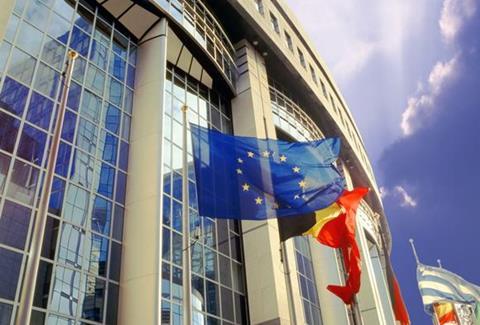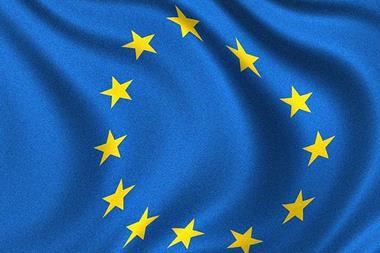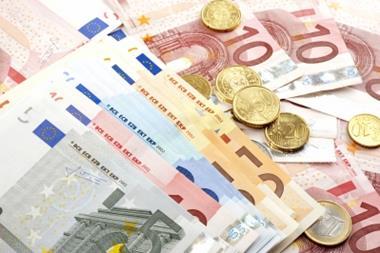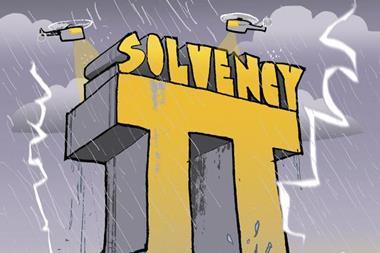Commission wants to identify if competition is distorted through selective tax advantages

The European Commission has enlarged the enquiry into the tax ruling practice under EU state aid rules to cover all member states. Member states will be asked to provide information about their tax ruling practice, in particular to confirm whether they provide tax rulings, and, if they do, to request a list of all companies that have received a tax ruling from 2010 to 2013. The Commission already requested similar information on tax rulings from several member states in June 2013.
This enquiry follows recent calls for more transparency of tax rulings, in particular an initiative on the upcoming legal proposal regarding the automatic exchange of information on tax rulings.
Commissioner in charge of competition policy Margrethe Vestager said: “We need a full picture of the tax rulings practices in the EU to identify if and where competition in the single market is being distorted through selective tax advantages. We will use the information received in today’s enquiry as well as the knowledge gained from our ongoing investigations to combat tax avoidance and fight for fair tax competition.”
The Commission is looking at the compliance with EU state aid rules of certain tax practices in some member states in the context of aggressive tax planning by certain multinationals with a view to ensure a level playing field. Some member states seem to allow multinationals to take advantage of their tax systems and thereby to reduce their tax burden.
Since June 2013, the Commission has been investigating under state aid rules the tax ruling practice of seven member states. The Commission has requested an overview of tax rulings provided by Cyprus, Ireland, Luxembourg, Malta, the Netherlands and the UK. It has also requested information from Belgium, including on certain specific tax rulings. Further, it has also requested information about intellectual property taxation regimes, so-called “patent boxes”, from the 10 member states with such a regime (Belgium, Cyprus, France, Hungary, Luxembourg, Malta, the Netherlands, Portugal, Spain, and the UK).
On 11 June, the Commission opened formal investigations in three cases: Apple in Ireland, Starbucks in the Netherlands and Fiat Finance & Trade in Luxembourg. On 7 October, the Commission opened another investigation regarding Amazon in Luxembourg. The probes examine whether member states provide certain companies a selective advantage in the context of issuing a tax ruling.
Law firm Pinsent Masons partner Heather Self said: “This is a significant widening of the EU’s investigation, with information on rulings now being requested from all member states. It remains to be seen whether this will lead to any additional formal investigations of rulings given to specific companies.
“The information being gathered should, ultimately, lead to greater transparency and consistency in ruling practices across the EU, which is to be welcomed. However, there will be considerable uncertainty while the investigation gathers and considers a large volume of information – companies will not know for some time whether their own rulings are at risk of more detailed investigation.”














No comments yet